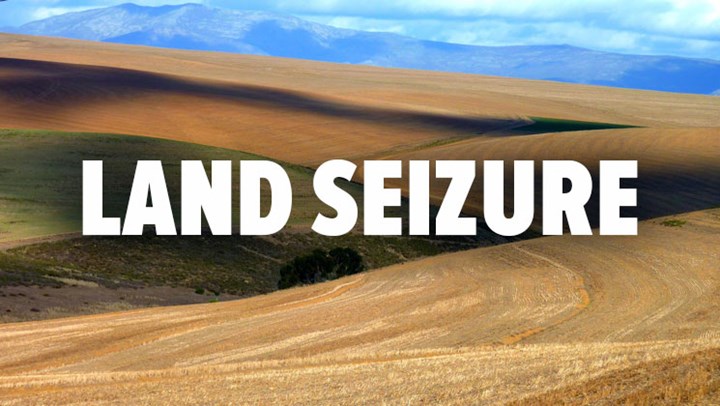
by Steve Scott - Tuesday, June 5, 2018

In February 2017, Sue Howarth and her husband, Robert Lynn, awoke at 3 a.m. to the sound of breaking glass on their farm near Dullstroom, a small town in northeastern South Africa. Three masked men broke into the home where they bound, stabbed, and over the next several hours, tortured the couple with a blowtorch. The attackers then stuffed a plastic bag down Howarth’s throat and attempted to strangle Lynn with a plastic bag. Still in their pajamas, the victims were loaded into their own truck and driven to a roadside where Howarth was shot twice in the head and Lynn was shot in the neck. Howarth died two days later in the hospital. Remarkably, Lynn recovered to tell the story.
While a sensational home invasion with murder and tortured victims would be front-page news in most places, it is barely news in South Africa, a country which averages one “farm attack” per day and where one farmer is murdered each week.
Last fall I wrote a piece for this NRA Hunters’ Leadership Forum website titled, “South African Economy Spells Peril for Wildlife,” about the possibility that most of South Africa’s wildlife could be destroyed. Today the country has moved several steps closer to this outcome due to elements of its history, politics and a wave of violent crime against a powerless minority: white farmers.
Discrimination is defined as the unjust or prejudicial treatment of different categories of people or things, especially on the grounds of race, age or sex. For decades the apartheid regimes of South Africa embodied discrimination as minority whites ruled over the disenfranchised minority blacks. Bowing to pressure both foreign and domestic, in 1994 South Africa’s apartheid government gave way to the ascension of Nelson Mandela and his African National Congress party. (ANC) Mandela was an incredibly gifted and benevolent politician who kept the “Rainbow Nation” from falling into a war of retribution against the former privileged class, though not everyone was as forgiving.
Today, the tables have turned, but on a much smaller scale. Though there are proportionately few perpetrators and victims, farm attacks have been ongoing in South Africa for decades. But in recent years the nature of these crimes has changed. While previously robbery had been the primary motivation, today these crimes of property often morph into crimes against persons. To be sure, robbery almost always occurs, but torture, rape and murder are now commonplace when a farm home is invaded. And since the government recently began discussion “land reform,” the trend seems to be worsening.
The basis of one of my previous articles, “The Morning After: The Future of Hunting in Zimbabwe,” used the fall of Zimbabwe as a cautionary tale for South Africa. And though the embattled former president Jacob Zuma has been deposed, the new South African president, Cyril Ramaphosa, and the ruling ANC party are facing the same political pressure of an underperforming economy. And just like Robert Mugabe in Zimbabwe 20 years ago, Ramaphosa and the ANC are advocating confiscating white-owned land and giving it to impoverished black voters. The radical Julius Malema and his Economic Freedom Fighters party are openly encouraging blacks to “take their land” by any means. The majority black government is at best indifferent to the plight of white minority citizens.
“Farm attacks,” as they are referenced locally, have been occurring in South Africa since before the end of apartheid in 1994. Sadly, due to their frequency and the ethnicity of the victims, little is made of them in the local press. The international community also has not objected.
■ ■ ■
About the Author
Contributor Steve Scott is a reformed attorney, long-time university instructor, and producer and host of the Safari Hunter’s Journal and Outdoor Guide television series. As noted repeatedly by readers who have posted comments to this website, he “puts considerable effort into understanding the dynamics facing South Africa and, particularly, the sword hanging over its wildlife.” For more information, visit SteveScott.TV.
E-mail your comments/questions about this site to:
[email protected]
Proudly supported by The NRA Foundation and Friends of NRA fundraising.
